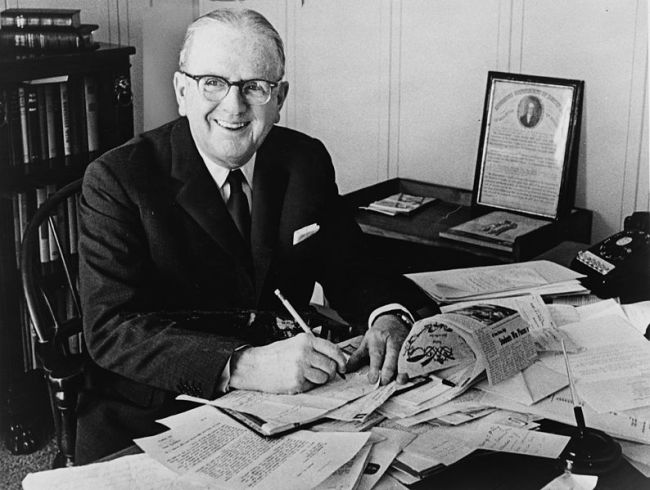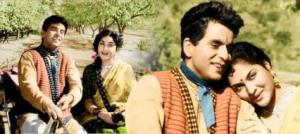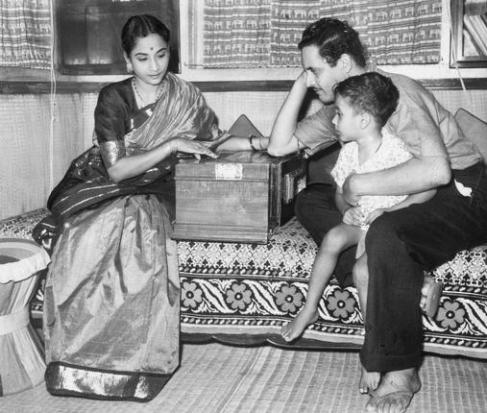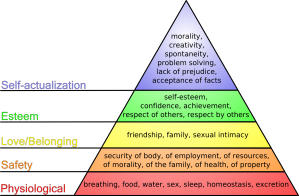A few days back, we had a brain storming session on personal
productivity. Organisational productivity is a subject that may attract
more attention than any other in the management field. But what is
personal productivity? Does it mean how does one manage his/her time?
The answer is yes and no. Yes, time is an important aspect of personal
productivity. Rather, it could be so provided your activities are
aligned with your goals. And yet it is a lot more. Does it mean one’s
achievement towards realization of personal goals? Not just that!
Personal goals may change. Personal vision may change. And if one may
say so personal mission statement if one ever cares to establish that –
that also may change.
When we talk of mission statement or vision or an organization, that hardly ever changes. But when we are talking of an individual, the factors that affect a person’s likes and dislikes, desires, drastically change with changing circumstances, or even without these.
According to me the most important factor for a person’s success is his/her personal productivity. Now I will like to define it as far as I am concerned. As one grows one realizes that it is not just money, not just health, not just family, or your social status, hobbies etc., that bring to you happiness, but it is a combination of all these in varying proportions. So what we need to do is to align all our activities to achieve whatever we want in the aforesaid different fields.
Therefore a daily review of what you do becomes very important. In the highly competitive world we have today, the targets that the organizations set for you are hard ones. These sap your energy and rob you of the power and ability to think what you must do. You only start following sometimes even unachievable targets. In the process, you totally destroy you concept of personal productivity.
Hence, what is really needed is to have the right balance and proper perspective towards life. It is only such a healthy attitude that strikes a right balance between family and friends, home and work, health and money that will lead to a truly happy and successful life.
Lots of good books are available which help you develop a proper perspective some of these are:

When we talk of mission statement or vision or an organization, that hardly ever changes. But when we are talking of an individual, the factors that affect a person’s likes and dislikes, desires, drastically change with changing circumstances, or even without these.
According to me the most important factor for a person’s success is his/her personal productivity. Now I will like to define it as far as I am concerned. As one grows one realizes that it is not just money, not just health, not just family, or your social status, hobbies etc., that bring to you happiness, but it is a combination of all these in varying proportions. So what we need to do is to align all our activities to achieve whatever we want in the aforesaid different fields.
Therefore a daily review of what you do becomes very important. In the highly competitive world we have today, the targets that the organizations set for you are hard ones. These sap your energy and rob you of the power and ability to think what you must do. You only start following sometimes even unachievable targets. In the process, you totally destroy you concept of personal productivity.
Hence, what is really needed is to have the right balance and proper perspective towards life. It is only such a healthy attitude that strikes a right balance between family and friends, home and work, health and money that will lead to a truly happy and successful life.
Lots of good books are available which help you develop a proper perspective some of these are:
- Bhagwad Gita, ISKON:

- Seven Habits by Successful People by Steven Covey
- Power of Positive Thinking: Dr. Vincent Peele








































